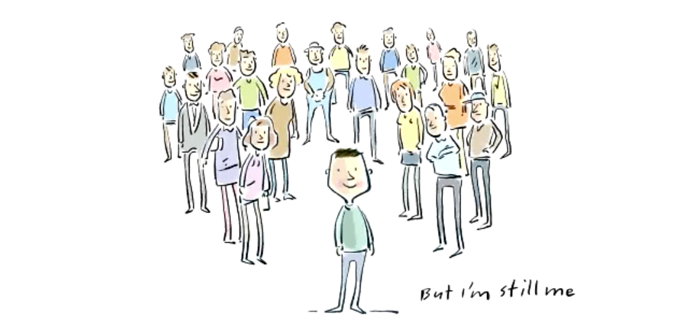About Andy McDowell

Andy
Andy McDowell was diagnosed with early onset Parkinsons Disease in December, 2009, aged 44.
He wrote the poem "Smaller" for his children - to help them understand what was happening to him. The defining message being that whilst Parkinson's has forever changed him - and the body he inhabits - he's still his own man. That poem was made into a a short film which won the WPC 2013 Video Competition.
Five years after his diagnosis underwent Deep Brain Stimulation surgery to assist with the affects of the disease and side effects from the drugs prescribed to people with Parkinsons. He has transferred his energy and attention from his chosen profession in marketing to enter the arena of advocacy and raising awareness.
Highlights (which are detailed in the blog) include a week at Outward Bound, his plenary presentation at WPC 2016 in Portland and an adventure in Machu Picchu, Peru.
He lives in Auckland New Zealand with his wife Kate and their 2 children, Lily and Pearl and their dog Piper.
Parkinsons Disease
Parkinson’s is a degenerative, neurological disorder with no known cure. It is the second most common neurodegenerative disorder after Alzheimer’s disease and affects four to six million people worldwide.
In Parkinson’s, reduced dopamine levels in the brain lead to both movement-related symptoms such as tremor, rigidity and slowing down or freezing and emotional life. Indeed many people suffer from depression as they deal with - what Auckland neurologist Barry Snow calls - “a very tough disease”.
The lack of dopamine affects both physical movement and cognitive and behavioural symptoms are often observed later.
One of the idiosyncrasies’ of PD is no two people have the same combination of the motor symptoms (tremor, facial masking, slurred speech etc.) or the many non-motor symptoms (fatigue, pain, depression, cognition, memory, motivation etc).
The effectiveness of current treatments, which focus on dopamine replacement, decline as the disease progresses. Moreover, current treatments are symptomatic and do not reverse or slow the degeneration of the brain.

